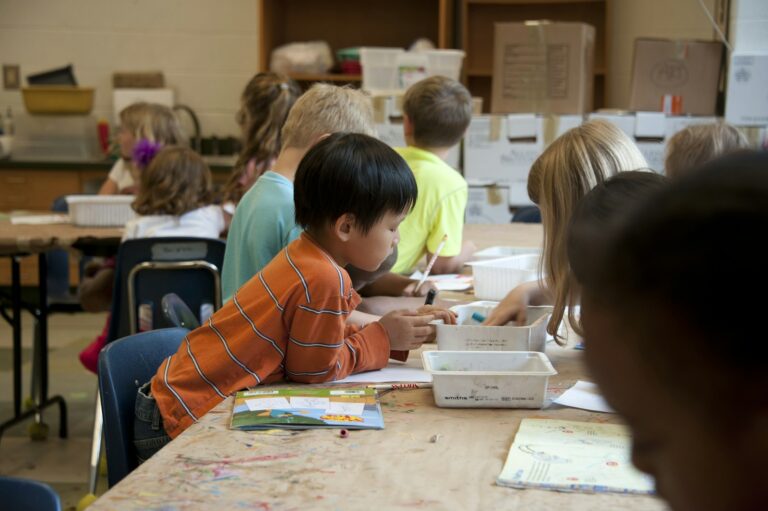The UK government has unveiled its new strategy to improve education standards by focusing on “stuck” schools, aiming for faster improvement and stronger accountability measures. Education Secretary Bridget Phillipson announced today plans for a significant overhaul of the education system, with a particular focus on schools that have been consistently underperforming.
Addressing ‘Stuck’ Schools and Driving Progress
There are over 600 schools across England that have received consecutive poor Ofsted judgements, impacting more than 300,000 children. Students in these schools have faced educational disadvantages, with primary school results 14 percentage points worse on average and secondary school outcomes a grade per subject worse than their peers. These schools, often referred to as “stuck,” will now be the focus of enhanced support and intervention from the government.
The new plan includes an initial investment of £20 million for the creation of Regional Improvement and Support (RISE) teams, which will work closely with these schools to develop bespoke improvement plans. RISE teams will have the flexibility to allocate up to £100,000 per school for specialist support, a sharp increase from the £6,000 grants previously available. This initiative is expected to tackle issues head-on and drive improvements faster.
Strengthened Accountability and Improved Monitoring
Bridget Phillipson emphasized that the government is committed to raising standards across the country, particularly in schools with persistent challenges. The education system has already made significant strides in improving overall school quality through strong accountability measures, which include Ofsted inspections and structural interventions.
However, the new plans go further by increasing the number of schools subjected to mandatory intervention, including structural changes and support from RISE teams. These measures aim to ensure rapid improvement and a consistent, high standard of education for all students, no matter where they live.
A Collaborative Approach to School Improvement
The government’s approach to improving the quality of education involves more than just top-down interventions. It also includes a collaborative effort from a wide range of education experts and organisations. Leora Cruddas, Chief Executive of the Confederation of School Trusts, and Sir Hamid Patel, Chief Executive of Star Academies, both expressed support for the government’s plan, acknowledging the need for action to address disadvantage and inequality in schools.
“The entrenched disadvantage gap is a national crisis that requires urgent and persistent action from us all,” said Sir Hamid Patel. The introduction of RISE teams is expected to help bridge this gap by providing tailored support and expertise to schools in need.
Reform of School Inspection and Enhanced Report Cards
In addition to the RISE initiative, the government also announced plans to roll out new school report cards from this autumn. These cards will assess schools across nine distinct areas, providing greater transparency and better information for parents. The new evaluation system will allow schools to be rated from ‘exemplary’ to ‘causing concern,’ ensuring that all institutions are held to higher standards.
A Commitment to Excellence and Equity
The government’s new plan marks a significant step forward in its mission to ensure every child receives a high-quality education. By tackling the issue of stuck schools head-on and introducing targeted interventions, the government aims to create a system where all children, regardless of their background, have the opportunity to succeed.
As part of its wider agenda, the government will continue to work with school trusts and local authorities to build an education system that combines excellence, equity, and inclusion, ensuring a brighter future for all students.
